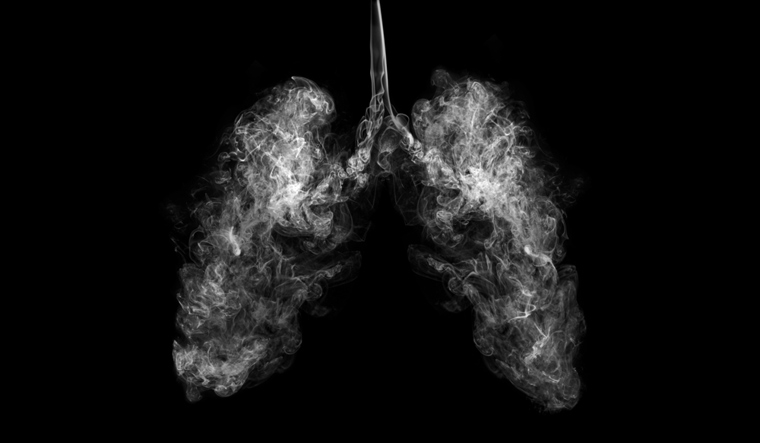In response to a proposal by the Drugs Technical Advisory Board (DTAB) to reclassify nicotine replacement therapies (NRT) as prescription drugs, doctors have expressed concerns over the potential limitations this move may impose on accessibility for individuals attempting to quit tobacco consumption. They emphasise that NRT is a safe and empowering method that aids in smoking cessation.
NRT, including nicotine polacrilex gums, lozenges, and transdermal patches, has been proven to increase the probability of successfully quitting smoking by 50 percent compared to quitting without assistance. It is readily available over the counter without the need for a prescription.
Dr. Chandrakant S Pandav, former head of the Department of Community Medicine at AIIMS-New Delhi, highlighted the urgent need for improved access to tobacco cessation methods in India. He stated that 28.6 percent of adults in the country are affected by tobacco use, with a significant impact on 42 percent of men and 14.2 percent of women. Dr. Pandav stressed the importance of making NRT easily accessible without prescriptions, as it empowers individuals to quit smoking.
Nicotine, the primary addictive component in cigarettes, provides rapid pleasurable effects through smoking. NRT serves as a temporary replacement for a small amount of nicotine, controlling cravings, alleviating withdrawal symptoms, and facilitating the transition to tobacco abstinence.
NRT works by providing a gradual and controlled increase in blood nicotine levels, discouraging misuse. Its purpose is to help individuals quit smoking using nicotine delivery systems with reduced addictiveness.
Dr. Sajeela Maini of Sir Ganga Ram Hospital in New Delhi, who has significant experience in smoking cessation therapy, stated, "Nicotine replacement therapy is the mainstay of smoking cessation therapy. Substituting cigarettes with a nicotine product is the most effective way to reduce urges and withdrawals associated with quitting smoking. Tobacco dependence is a mind-body addiction."
Dr. Maini emphasised the importance of addressing both the physiological and psychological aspects of addiction for effective treatment. Pharmacotherapy plays a supportive role in reducing urges and withdrawals, making the quitting process more comfortable.
To ensure the success of smoking cessation efforts, the focus should be on enhancing access to NRT. Tobacco addiction is a prevalent global issue, and a multi-pronged approach is required to combat it. Dr. Maini stressed the need to proactively educate the public about scientifically-backed options like NRT to assist them in quitting smoking and prevent the development of tobacco-related diseases.
Dr. Pandav referred to Indian trials conducted in 2023, such as one in Odisha, which demonstrated the efficacy of NRT in halting smokeless tobacco use. Another study in Bengaluru in the same year highlighted the effectiveness of combining NRT with behavioral counseling to reduce cigarette smoking.
The proposal to reclassify all formulations of nicotine-containing up to 2mg-4mg as prescription drugs was discussed during the 89th Drugs Technical Advisory Board meeting held in May 2023. Concerns have been raised that reclassifying NRT as a prescription drug will limit accessibility for prospective tobacco quitters and impede government efforts in tobacco de-addiction.
Dr. Maini concluded, "Any step taken to reclassify NRT as a prescription drug will limit product accessibility for prospective tobacco quitters and hinder the government's tobacco de-addiction initiatives."
(With inputs from PTI)


